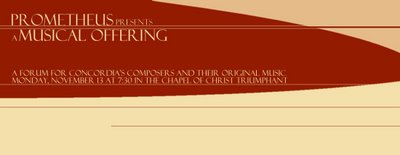Rolling Rivers, Turning Planets
It is such a human impulse to chronicle one’s deeds for the benefit of posterity, and just as human to look to one’s fathers for tales that give identity. Yet the chroniclers and truth-seekers of mankind have not looked at time in the same way. The Greeks, believers in fate, watched a series of epicycles in which mankind repeated itself with the predictability of orbiting planets. Their great Thucydides wrote history in order to foretell the future.
Israel received history from their God, a creator who was not limited to the generation being addressed but who called himself the God of Abraham, Isaac, and Jacob. The Hebrews stood on a straight path and looked down the line of time to the fulfillment of Yaweh’s purpose. Unlike in the Greek cycle of evolving gods, the Israelite beliefs showed exactly when time had begun. Unlike the Greeks, Hebrews had no need to dread time’s passing and to strive desperately, Achilles-like, for the immortality of an undying name. They trusted that eternity stood outside of time.
Monumental forever, Athens and Jerusalem guided the chroniclers for many years. Then came the Enlightenment and another definition of the world’s aging. Mankind was seen in a great procession of progress from primitive to intermediate to glorious. Each decade of time struck fetters away, crushing ignorance and superstition, until at last freedom from the old faiths (of Jerusalem and even of Athens) led to the liberty of a new utopia. With the irony of a god’s sense of humor, it took only the passing of yet more years to disillusion mankind with its own progress. You will find many historians of today who have returned to either Greek or Hebrew view. Others have lost themselves so thoroughly in the mists of changing eras that they prefer vague confusion and refuse to make the choice. Yet the hill of time, higher than Olympus, still offers a fascinating view. You may stand on the hill, searching for truth, and hope to follow the pointing hand of time’s daughter. (Anna I. Beck)


